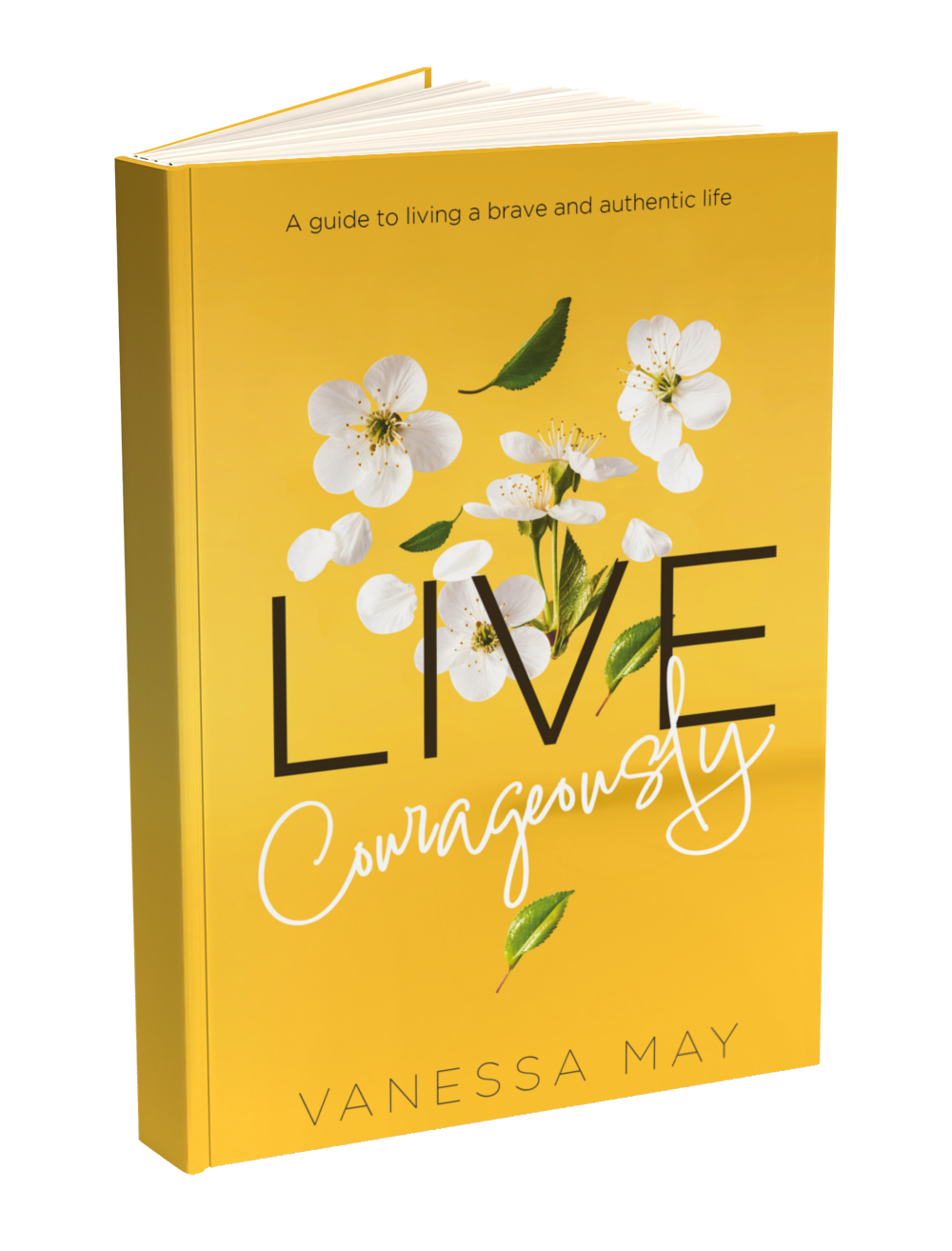Does having power or no power change your behaviour?
It happened to me last week. I was in the middle of a work gig and something weird was going on. Something felt off. If I use metaphor to describe it, it was like the moment before a thunderstorm. Something was brewing.
I wasn’t in the lead position, someone else was in front and so whilst I sensed it, I decided in the moment I didn’t have the authority to name it. That was my small story based on the differences between how my co-lead and I gathered information. They gather details, logic, and data. I sense things. Both are valid and no fault of our own, just different.
The thing about details is they can be evidenced – you can give specific behaviours. The thing about sensing emotion is you can’t give specifics; it’s a feeling and I am used to push back – is that yours or theirs?
I squashed it down and let it play out. I deferred. It all played out and the team reacted and pushed back. A repair was done, and everything was good again. Except I wasn’t good. I felt yucky inside, particularly as my word of the year is integrity. My integrity was lacking within me. I had felt the urge to speak and had silenced myself. It’s a familiar pattern where I question myself and get trapped overthinking and what if’s.
Tim Clarke in his brilliant book, The 4 Stages of Psychological Safety, recommends that you “Love yourself first. Give yourself inclusion safety, the respect and permission you inherently deserve. If you feel dominated, controlled, or trapped with no apparent means of escape, search for a way out or leave immediately. In the meantime, refuse to entertain damaging thoughts about yourself. You can eventually heal and overcome everything.”
Wise words. So, what have I learnt through this process?
- Include myself first. My deference has been carefully constructed through experiences of being overruled, ignored or gaslighted when raising a challenge or sharing my experience. Choosing to include myself means having healthy self-respect and having my own back.
- Knowing and articulating my truth isn’t arrogance or the need to be right or the need to compete. It’s about articulating what is real for me and it is worthy of attention.
- Power comes from knowing how I do my work and the value I bring. Owning my gifts and strengths is key to this process.
How can you avoid doubting yourself when you meet difficulty?
Trust in what the dis-ease is telling you. Be curious. Explore your own safety and how at peace you feel in the situation or dynamic.
Ask yourself if it is familiar for you not to take your own side? Is it easy to tell yourself what you’re sensing is irrational or that you’re over-sensitive or reading into things?
Stop and decide to stand in your own authority. Connect to that wise person inside you that knows.
If you’d like some help reconnecting with your own inner authority why not listen to my guided visualisation here and check out my newly released book, Live Courageously.



